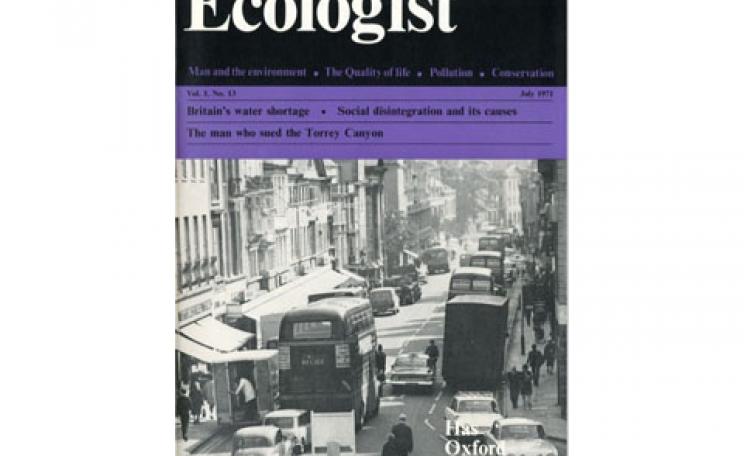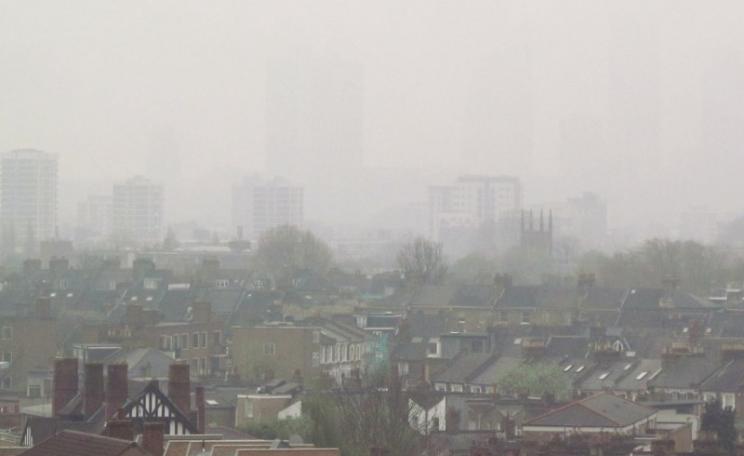In 1971, Henry A. Schroeder, professor of physiology at the Trace Element Laboratory of the Dartmouth Medical School, wrote an article on the most harmful metals which we are exposing ourselves to through their industrial use. The problem, he states, is that we are taking in too many elements, which our bodies cannot process, causing immediate or long-term damage. At the same time, Schroeder says, that some of the metals actually prevent the uptake of important micronutrients in our food.
Forty years on, we still suffer from effects of pollutants. According to a government advisory committee, air pollution has a life-shortening effect on approximately 200,000 people in the UK each year. Moreover, the UK failed to meet EU and WHO air pollution limits in more than 20 towns and cities.
Schroeder names lead, mercury, cadmium, antimony, beryllium and nickel carbonyl as the six trace elements that could effectively be reduced in order to ensure that fewer elements gain entry into the air, water and the food that we eat. Today, the first three of these elements have been placed on the Restriction of Hazardous Substances directive (RoHS), which regulates the use of these metals in electronic products within the EU.
The metals are however still in use. Cadmium, which is linked to cancer and can damage the kidneys, is for example used in cigarettes and batteries, which later have to be disposed. According to the Cancer Research Centre UK, a smoker may have twice the amount of cadmium in their body of a non-smoker.
Leaded petrol has now been banned throughout most parts of the world. An EU ban came in 2000 and in Africa, leaded petrol was phased out in 2006. The UK still allows minimal amounts of leaded petrol for older vehicles. However, while lead has virtually vanished from the roads, carbon monoxide, fine particles and other toxins continue to pollute the air today.
Read the original article here







